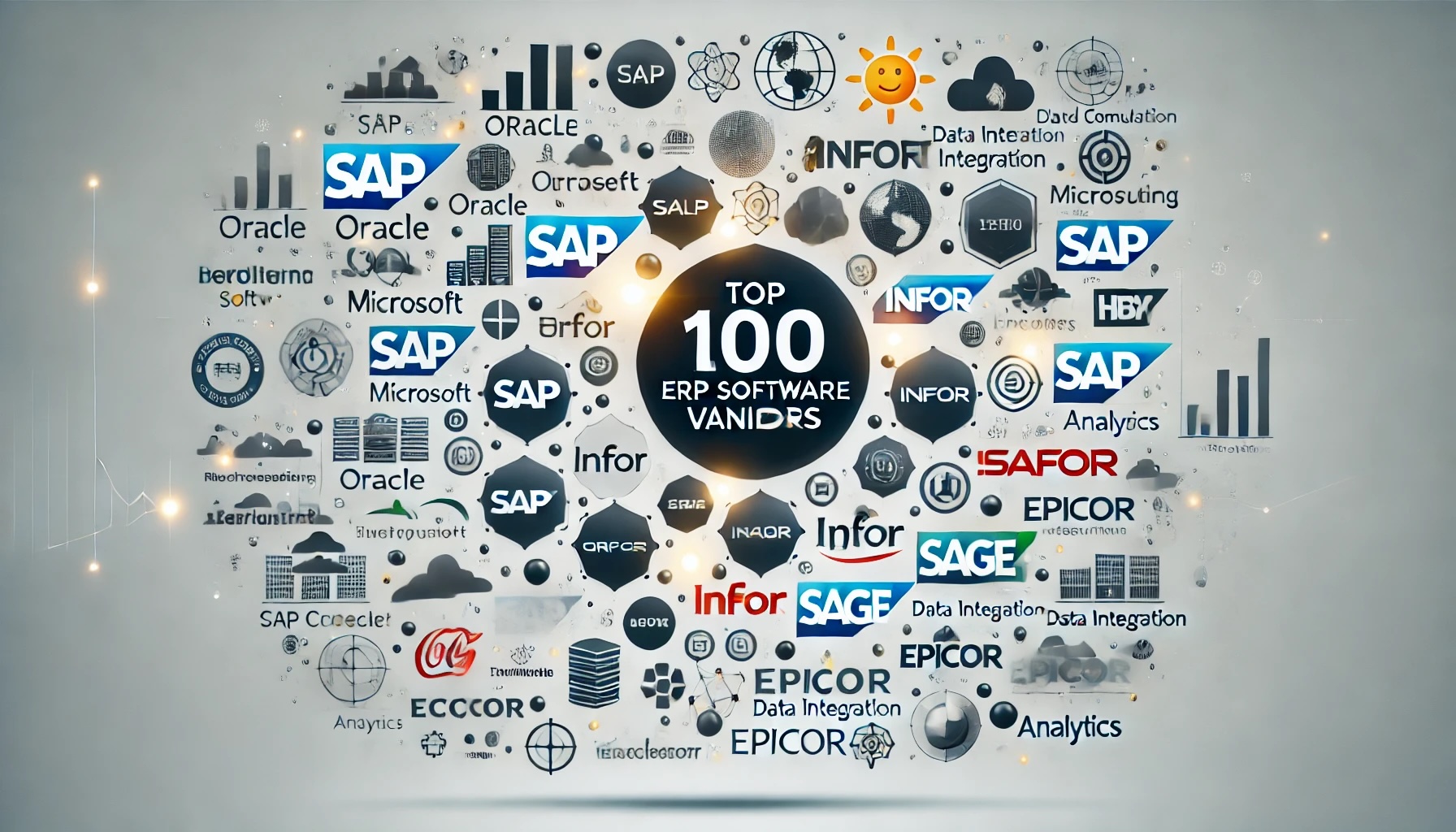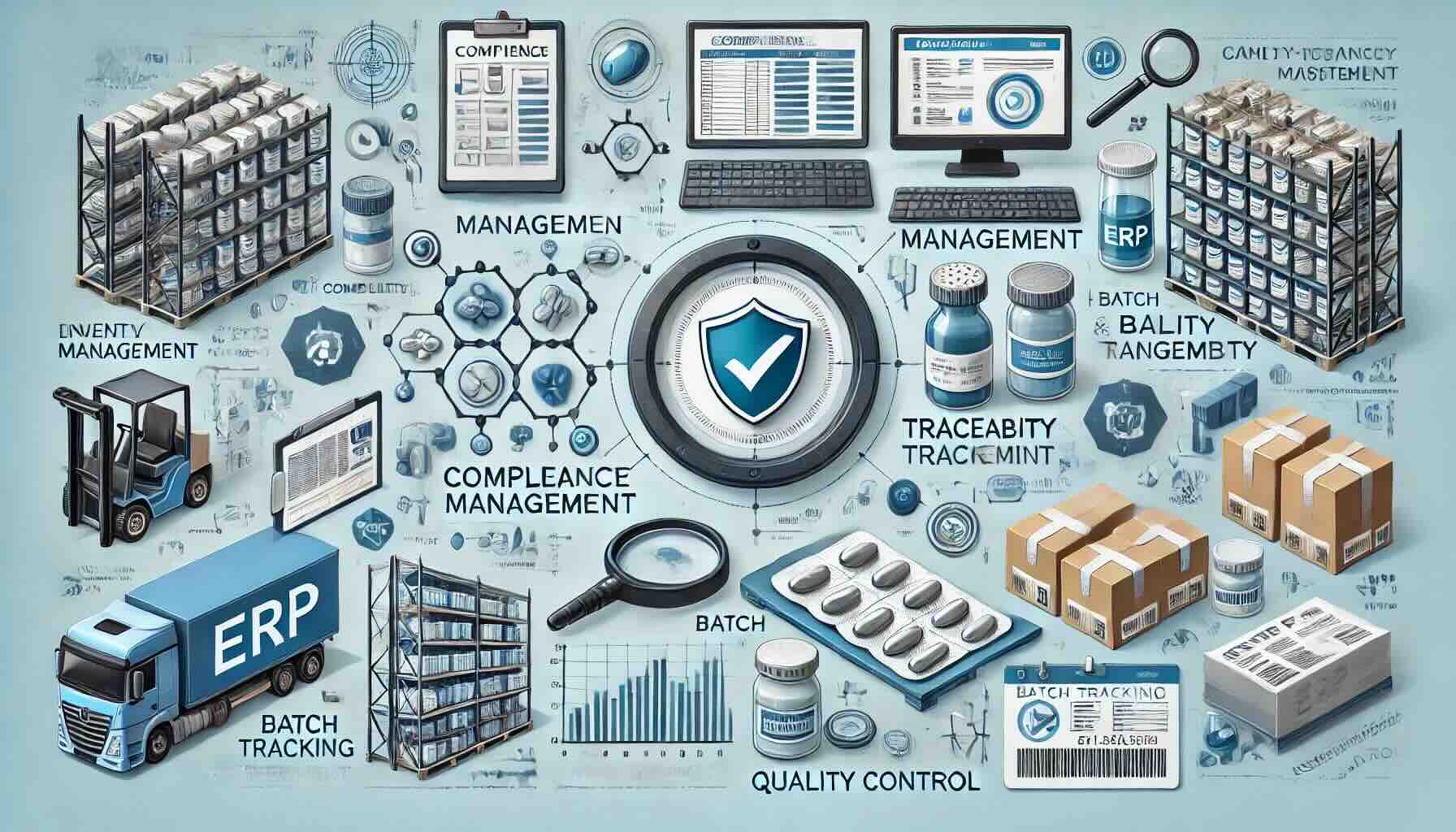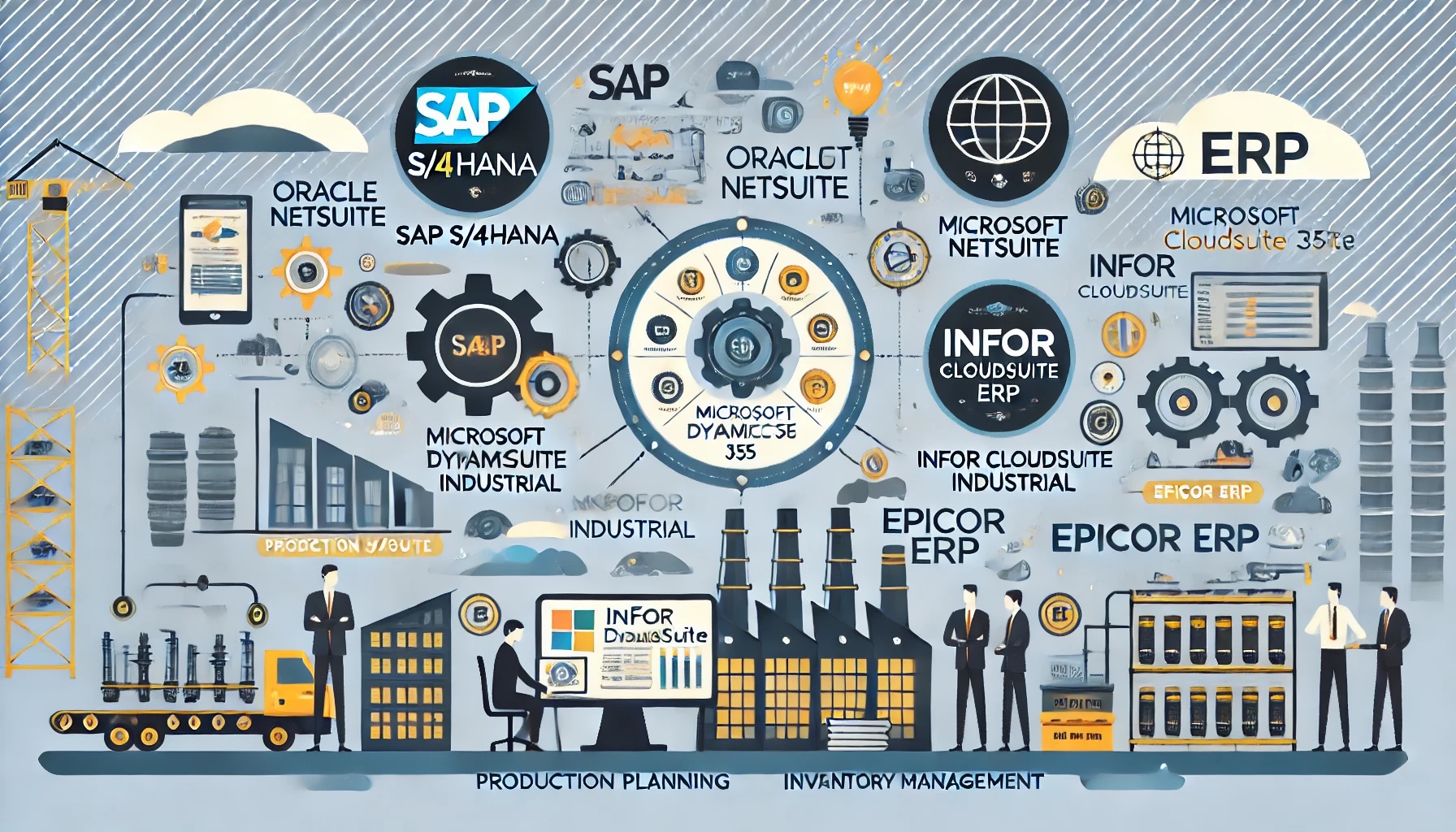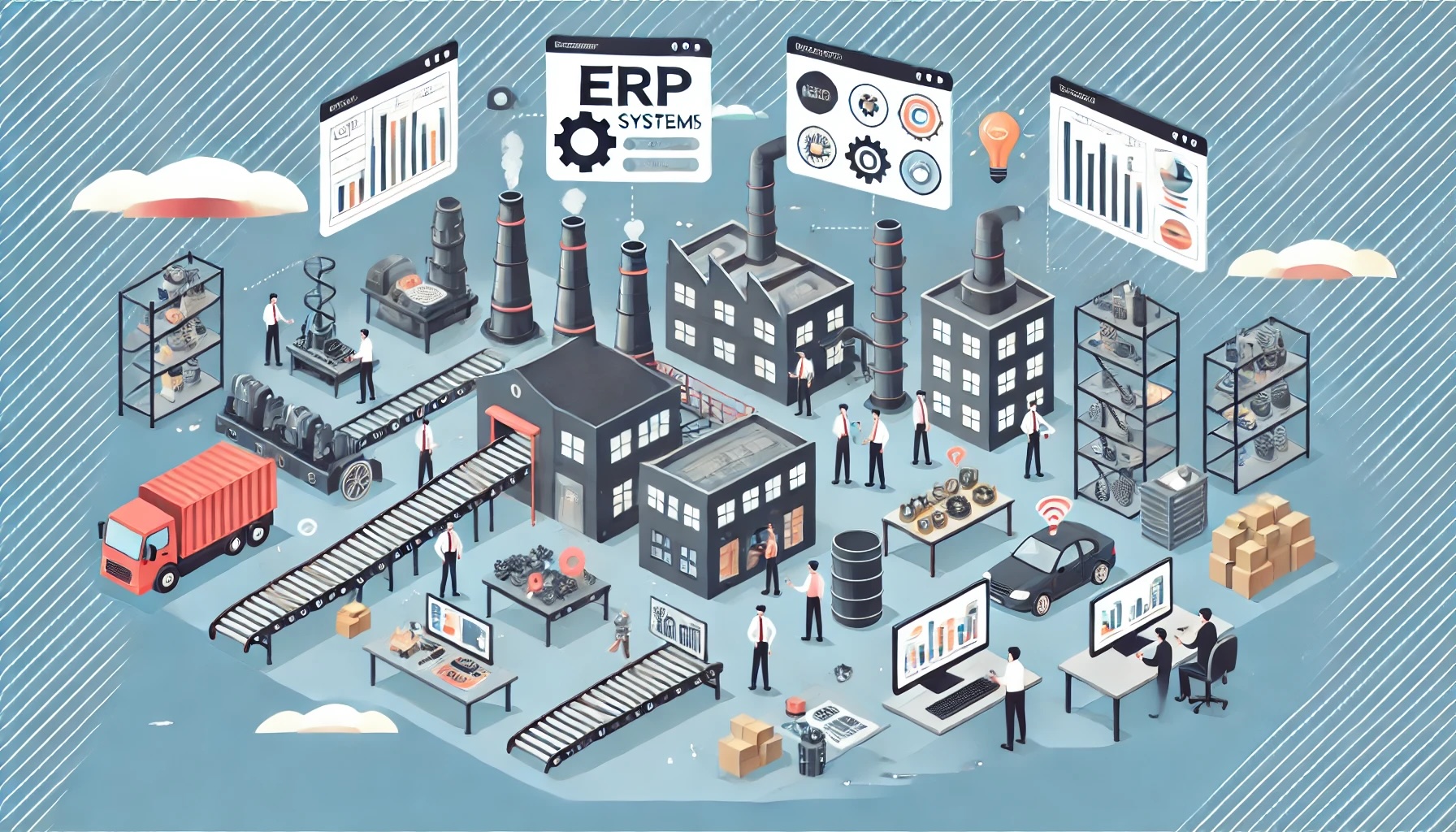Is SAP S/4HANA a Good ERP for Consulting?

In the fast-paced world of enterprise resource planning (ERP) systems, SAP S/4HANA has become a top choice for businesses in various sectors. For consulting firms, selecting the right ERP system is essential for optimizing operations, managing projects efficiently, and delivering value to clients. But is SAP S/4HANA the right ERP solution for consulting firms? Let’s delve into its features, benefits, and potential drawbacks to determine if it’s a good fit.
Understanding SAP S/4HANA
SAP S/4HANA is SAP’s next-generation business suite, designed to help businesses run smoothly in a digital world. Built on the advanced in-memory database, SAP HANA, it offers real-time data processing and analytics. This enables companies to make quicker, more informed decisions. The suite covers a wide range of business processes, including finance, sales, procurement, manufacturing, and supply chain management.
Key Features of SAP S/4HANA for Consulting Firms
Consulting firms have unique needs that differ from other industries. They require a system that handles not only back-office functions but also client projects, billable hours, and resource planning. SAP S/4HANA addresses these needs in several ways.
1. Project Management
SAP S/4HANA includes robust project management capabilities. Consulting firms can manage complex projects from start to finish, with tools for detailed planning, resource allocation, and budget management. The system integrates seamlessly with other SAP modules, ensuring that all project-related data is accessible and up-to-date. This integration facilitates better project control and more effective client communication.
2. Real-Time Analytics and Reporting
One of SAP S/4HANA’s standout features is its ability to process and analyze large volumes of data in real-time. For consulting firms, this means instant access to project performance metrics, financial data, and other crucial information. This capability not only supports better decision-making but also enables consultants to provide clients with timely insights and recommendations.
3. Resource Management
Efficient resource management is vital for consulting firms. SAP S/4HANA offers tools to track employee availability, skillsets, and workloads. This helps firms ensure that the right resources are assigned to the right projects, optimizing utilization and minimizing downtime. Additionally, the system’s predictive analytics can forecast future resource needs, allowing firms to plan more effectively.
4. Financial Management
Consulting firms often deal with complex financial structures, including multiple currencies, taxation rules, and diverse billing arrangements. SAP S/4HANA’s financial management capabilities are designed to handle these complexities. The system supports everything from accounts receivable and payable to financial planning and analysis, all within a unified platform.
5. Client Relationship Management (CRM)
In consulting, maintaining strong client relationships is crucial. Although SAP S/4HANA is not a CRM system by default, it integrates seamlessly with SAP’s CRM solutions. This integration provides a holistic view of client interactions, project history, and sales pipelines. As a result, consulting firms can manage client relationships more effectively and identify opportunities for upselling or cross-selling services.
Benefits of SAP S/4HANA for Consulting Firms
Implementing SAP S/4HANA can bring numerous benefits to consulting firms.
1. Improved Efficiency
SAP S/4HANA automates routine tasks and provides real-time insights. This helps consulting firms streamline operations, reduce manual effort, and focus on more valuable activities.
2. Enhanced Collaboration
The integrated modules and real-time data sharing in SAP S/4HANA promote collaboration across teams and departments. This is particularly beneficial for consulting firms with teams spread across different locations but working on the same project.
3. Scalability
SAP S/4HANA is highly scalable, making it suitable for consulting firms of all sizes. As the firm grows, the system can easily adapt to increased project loads, more complex financial structures, and expanding resource pools.
4. Compliance and Risk Management
SAP S/4HANA includes built-in compliance tools and risk management features. Consulting firms can ensure they adhere to industry regulations and mitigate risks associated with financial management and project execution.
5. Global Reach
For consulting firms operating on a global scale, SAP S/4HANA supports multiple languages, currencies, and compliance with international regulations. This makes it an ideal choice for multinational operations.
Potential Drawbacks to Consider
While SAP S/4HANA offers many advantages, there are potential drawbacks that consulting firms should consider.
1. Cost
Implementing SAP S/4HANA can be a significant investment, particularly for smaller consulting firms. The costs include not only software licenses but also implementation, training, and ongoing maintenance. Therefore, firms need to carefully assess their budget.
2. Complexity
SAP S/4HANA is a powerful system with a wide range of features, which can make it complex to implement and use effectively. Consulting firms may require specialized training and dedicated IT support to fully leverage the system’s capabilities.
3. Customization
While SAP S/4HANA offers extensive functionality out of the box, consulting firms with highly specific needs may require custom development. This can add to the time and cost of implementation. Thus, firms should weigh the benefits against the additional effort required.
Conclusion
Is SAP S/4HANA a good ERP for consulting firms? The answer depends on the specific needs and resources of the firm. For large or rapidly growing consulting firms, SAP S/4HANA offers a robust, scalable solution that can handle complex project management, resource allocation, and financial management needs. Its real-time analytics and reporting capabilities also provide a significant competitive advantage.
However, smaller firms or those with limited budgets may find the cost and complexity of SAP S/4HANA to be challenging. In such cases, it may be worth exploring alternative ERP solutions that offer a better balance of functionality and cost.
Ultimately, consulting firms considering SAP S/4HANA should conduct a thorough evaluation of their requirements, compare it with other ERP options, and consider engaging with an experienced SAP implementation partner to ensure a successful deployment.
To compare SAP S/4HANA with 100s of other ERP solutions, you can use our new AI-powered Compare ERP tool. It’s free to use and you get a guaranteed discount on your first year’s licence fees with a referral from Compare ERP.









